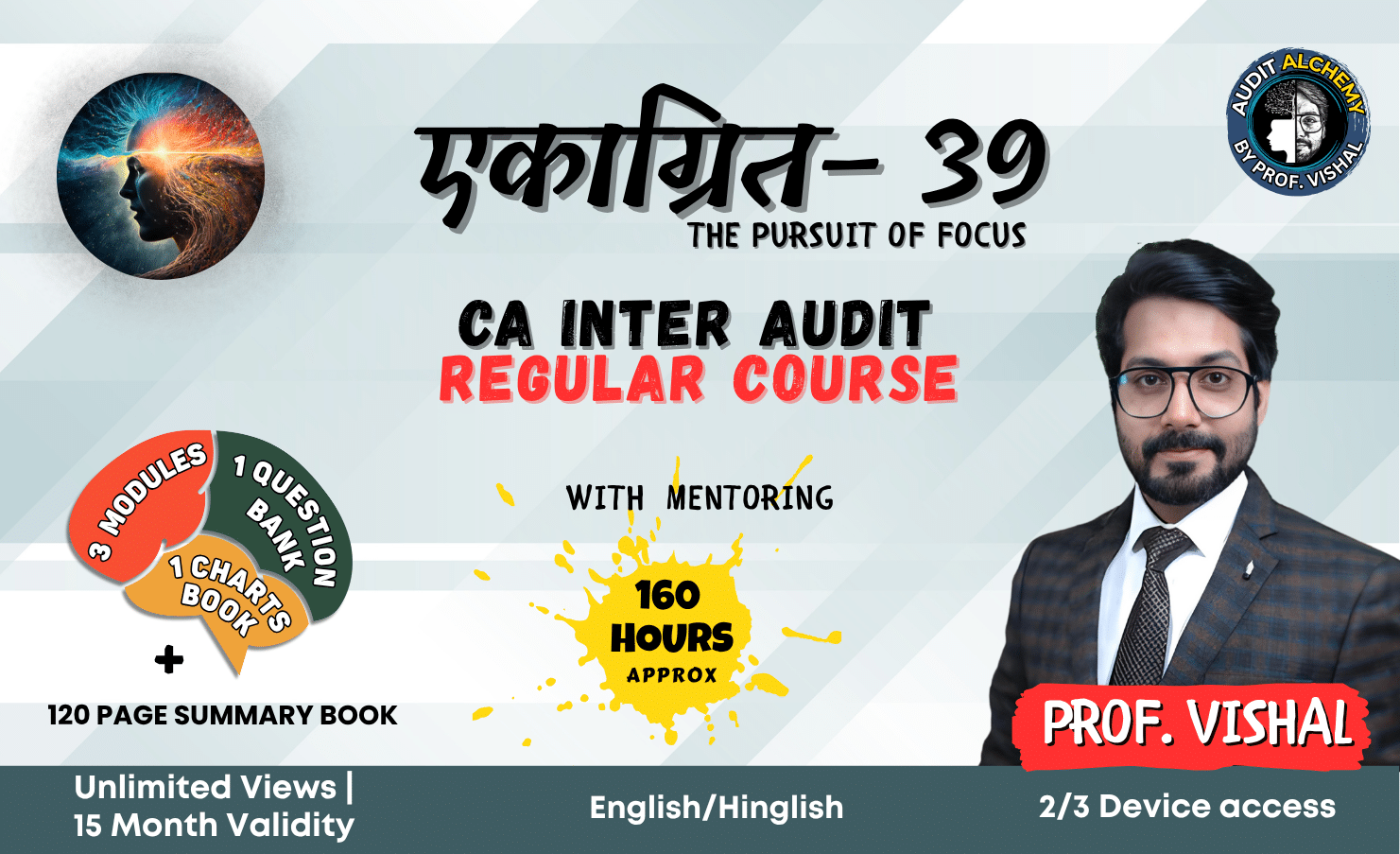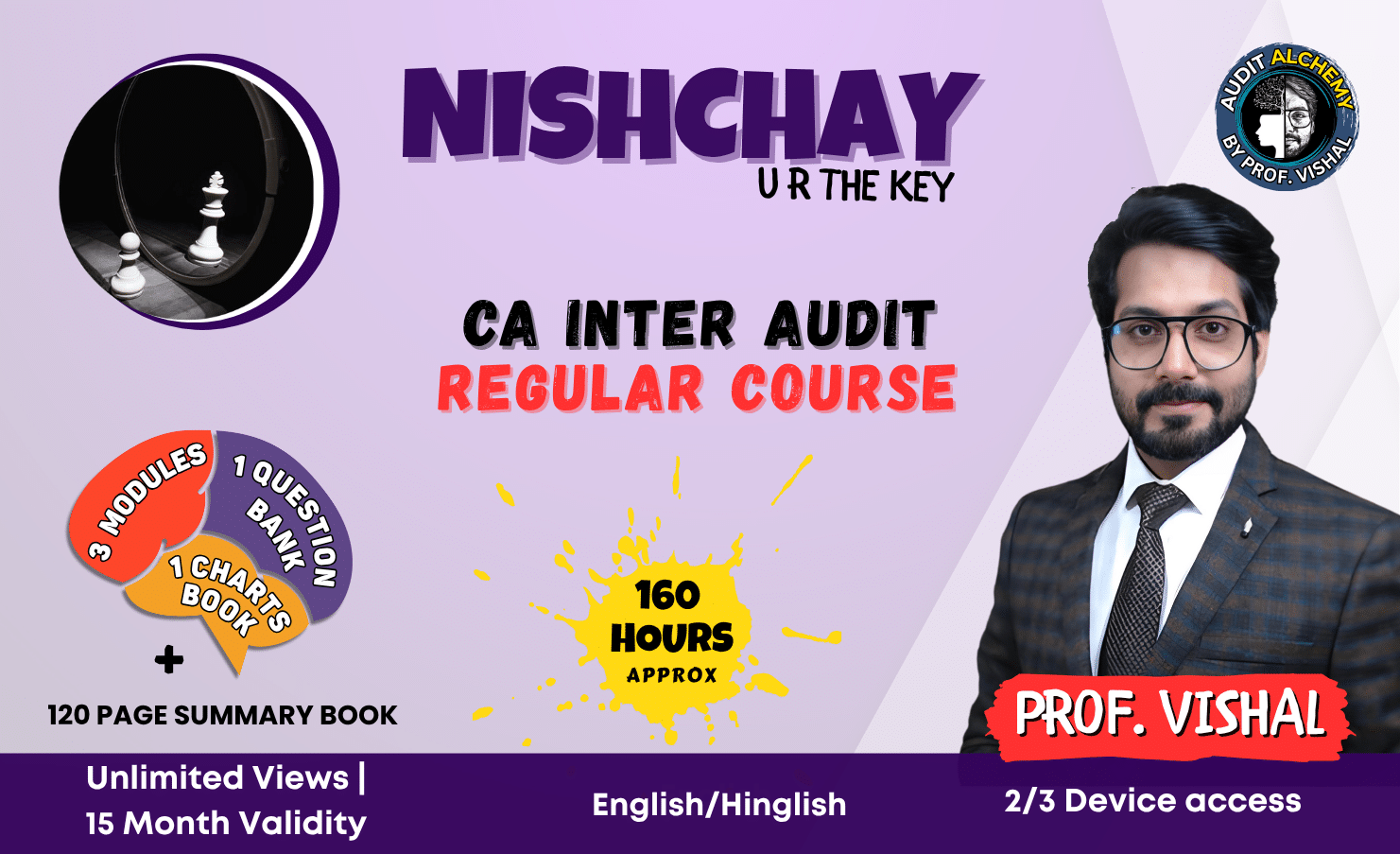Introduction: Understanding Self-Doubt
Experiencing self-doubt is something we all go through when faced with new or challenging situations. It’s that nagging feeling of uncertainty about various aspects of ourselves. It’s a common emotion we encounter at different points in our lives. However, when self-doubt becomes overwhelming, it’s essential to equip ourselves with the tools to overcome it.
Self-doubt often arises from past negative experiences or issues related to our attachment style. Individuals with insecure attachments may have experienced criticism, which can plant the seeds of self-doubt later in life. If someone has heard in the past that they’re “not up to the mark” or incapable, it can significantly impact their self-esteem. Additionally, the pressure to achieve in our society can sometimes have a demotivating effect, working against us.
Failure to address persistent self-doubt can lead to several undesirable consequences, including heightened anxiety, bouts of depression, procrastination, wavering motivation, emotional turbulence, diminished self-esteem, and difficulties in making decisions.
#1 Understanding Imposter Syndrome
Imposter syndrome often accompanies self-doubt. Psychologists define it as the feeling of being a fraud despite having achieved significant success. It’s a feeling more pronounced among women and minority groups. Imposter syndrome can restrain individuals from fully embracing meaningful opportunities, making them question their qualifications and performance in various aspects of life.
While self-doubt and imposter syndrome can dent one’s self-esteem, there are effective strategies to combat these feelings and bolster our self-assurance.
#2 Embrace Self-Compassion
When self-doubt threatens to hold you back from taking a leap in your career or any other facet of life, remember that, as humans, we are inherently fallible. Making mistakes is an integral part of our growth and learning process. The fear of failure often underlies our self-doubt, but it’s crucial to acknowledge that mistakes offer valuable lessons. Being kind to ourselves, regardless of the outcome, can help mitigate self-doubt and the fear of failure.
#3 Reflect on Past Triumphs
Recall instances when you were apprehensive about a challenge, be it in school or at work, but it turned out exceptionally well. Remembering concrete achievements born out of initial uncertainty can serve as a powerful confidence booster. It’s essential, however, not to dwell excessively on past failures. The present moment offers a fresh opportunity to excel, even if previous attempts didn’t yield the desired results.
#4 Avoid the Comparison Trap
They say that comparison is the thief of joy, and this adage holds true in many contexts. If self-doubt creeps in because you fear not measuring up to someone else’s accomplishments, it can paralyze your progress. Each person’s journey and definition of success are uniquely their own. What you can control and focus on is your path and goals, irrespective of others’ milestones and achievements.
#5 Mindful Monitoring of Your Thoughts
Negative thoughts often infiltrate our consciousness so stealthily that we become desensitized to their presence. Imposter syndrome thrives on these negative thoughts, which tell us we don’t belong where we are or that we won’t produce commendable work. The next time these thoughts persist, pause for a moment and question their validity. Contemplate how a shift toward positive thinking can recalibrate your mindset, fostering greater confidence in your abilities.
#6 Surround Yourself with a Supportive Circle
Your friends and family members who believe in your capabilities and resilience will always stand by your side. When self-doubt looms large, seek the company of these individuals. They can serve as a steadfast reminder of your talents, especially when you’re grappling with doubts about yourself.

#7 Foster Inner Validation
While external reassurances are valuable, having unwavering faith in yourself is equally vital. Consistent affirmation from others carries little weight if you don’t harbor confidence in your own abilities. Even if you harbor some reservations about your current standing, practice self-acceptance and recognize the strengths you bring to the table.
#8 Acknowledge That You Are Your Toughest Critic
Consider this: Would you cast the same doubts on a friend who takes on a new role or approaches parenting the way you do to yourself? Chances are, you’d extend more compassion to your friend than you do to yourself. It’s a gentle reminder to treat yourself with the same kindness and compassion you readily offer others, instead of being unduly harsh on yourself.
#9 Identify Your Core Values
Take a moment to reflect on your core values and what holds the utmost significance in your life. Whether it’s your kindness toward others, your qualities as a friend, or your contributions to something meaningful, understanding your values can diminish the fear of criticism and the weight of mistakes. When you live in harmony with your values, criticism and occasional missteps cease to be as debilitating.
#10 Embrace the Practice of Journaling
Journaling can be a therapeutic exercise. Transcribing your thoughts about self-doubt or your experiences with imposter syndrome onto paper can provide a sense of release. You may even discover that, once your concerns are written down, they lose their potency, proving to be less detrimental than they initially seemed. This practice can gradually chip away at self-doubt, fostering a sense of empowerment.
#11 Seek Professional Assistance
If self-doubt becomes a persistent, hindering force that impedes your daily life, it may be beneficial to seek the guidance of a mental health professional. Cognitive-behavioural therapy (CBT), in particular, is a widely regarded approach for addressing self-doubt. CBT equips individuals with methods to challenge unproductive thought patterns, leading to an improved mood and enhanced overall well-being.












